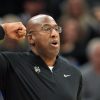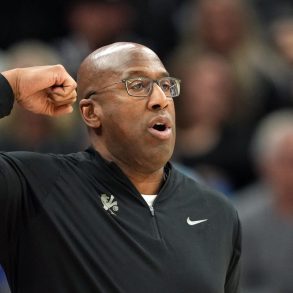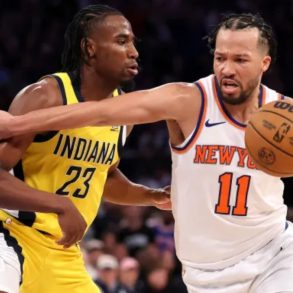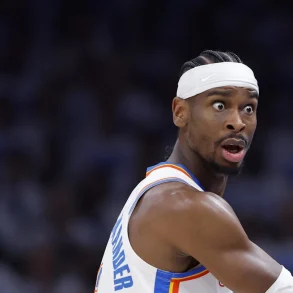On the morning that De’Aaron Fox’s eight-year stint with the Sacramento Kings unofficially ended, interim coach Doug Christie had an important conversation with Fox’s agent, Rich Paul. Fox had repeatedly rejected several max contract extensions, signaling that he wouldn’t commit long-term until the franchise proved itself capable of competing at the highest level.
Although the Kings had a brief success with Christie as the interim coach, Fox’s feelings about the organization’s instability were clear, leading Paul to inform Christie that Fox’s time with the team was likely coming to an end.
Despite a temporary uptick in team performance, Fox’s outlook on the Kings’ future remained pessimistic. According to sources, Paul conveyed Fox’s unwavering stance that he couldn’t see himself spending his prime years in Sacramento.
This conversation set the stage for the Kings’ front office to begin exploring trade offers for Fox, with the final decision quickly leading to a trade to the San Antonio Spurs, Fox’s preferred destination. This marked the sudden end of Fox’s era in Sacramento, just weeks after his 27th birthday.
After the trade, Fox was motivated to clear up misconceptions about his departure. In an emotional statement on social media, Fox emphasized that his decision wasn’t based on Sacramento’s fans or market size but rather on the internal dysfunction and lack of trust in the franchise’s leadership.
Fox was particularly frustrated by the inability to make progress with the organization’s decision-makers, as his concerns about the team’s future were largely ignored.
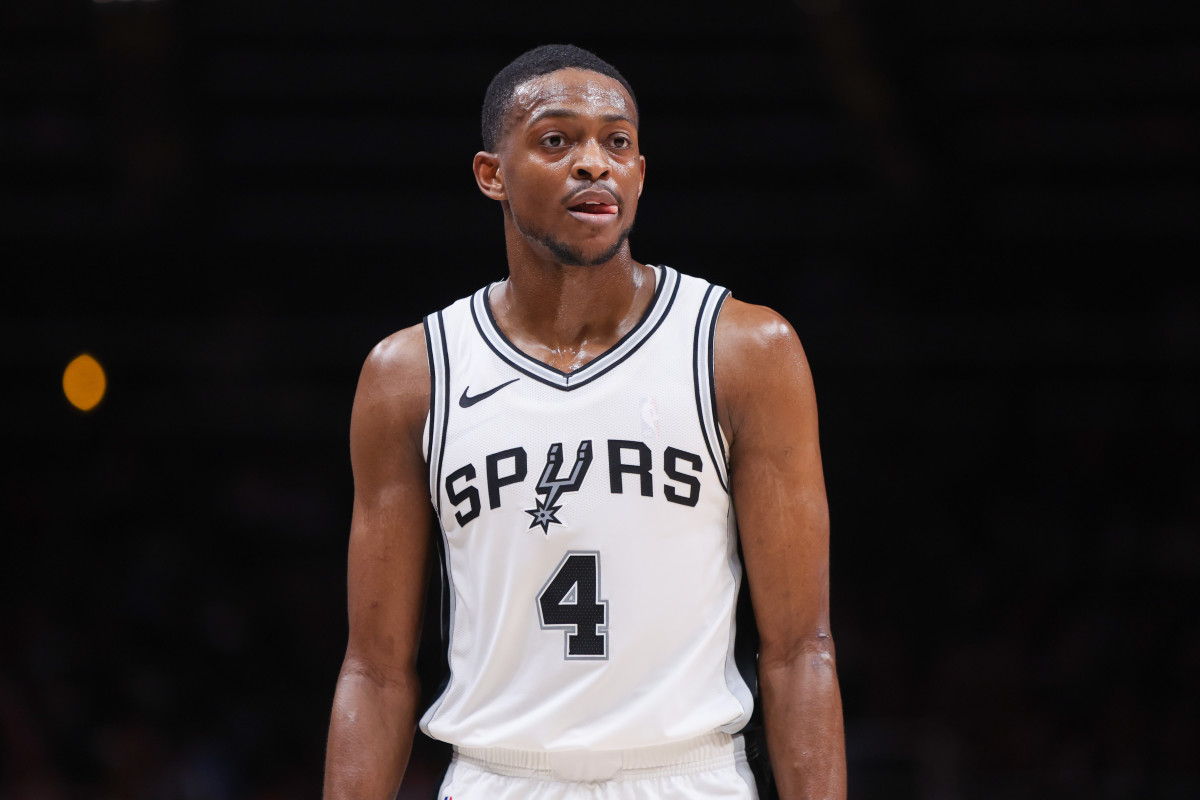
Kings’ Instability and Internal Power Struggles Drive Fox’s Departure and Future Uncertainty
The Kings’ failure to reach the playoffs despite a solid season in the previous year only exacerbated tensions within the organization. As Fox had warned, stability seemed elusive, with the ownership’s decision-making often muddied by internal power dynamics.
Anjali Ranadivé, the daughter of owner Vivek Ranadivé, had a growing presence in the team’s decision-making, causing confusion and concern about the team’s leadership structure. Fox’s dissatisfaction with the organization’s culture was becoming clearer, particularly after the firing of head coach Mike Brown.
Brown’s firing during a disastrous 0-5 homestand in December became a pivotal moment in Fox’s decision to leave. The firing was controversial and appeared to alienate the team’s star player, with Fox publicly stating that he had no part in the decision to let go of Brown, even though speculation suggested otherwise.
This incident added to the mounting frustrations Fox had with the front office’s handling of key decisions, and it became evident that his future with the Kings was uncertain.
Throughout his time with Sacramento, Fox was one of the league’s most clutch players, often delivering in critical moments. However, despite individual success, the team’s instability and mediocrity were key factors driving Fox to seek a change.
Fox was determined to play for a team with championship aspirations, not one simply fighting for a playoff spot. His desire for organizational clarity and a genuine chance at contention led him to push for a trade, signaling the end of his Kings tenure.
Fox’s departure from Sacramento highlighted ongoing concerns about the Kings’ future. Despite recent success under interim coach Doug Christie, there were unresolved questions about the team’s direction, including whether Christie would be retained as the permanent head coach.
Additionally, sources indicated that Fox’s former teammate, Domantas Sabonis, shared similar concerns about the lack of clarity in the organization’s long-term vision, leading to further speculation about possible player exits.

Kings’ Leadership Struggles and Fox’s Departure Highlight Ongoing Organizational Instability and Uncertainty
Under Vivek Ranadivé’s ownership, the Kings have faced persistent issues with leadership, as decisions often appeared to be influenced by external voices rather than the front office. Despite hiring experienced advisers like Vlade Divac and Chris Mullin, the internal power dynamics were often unclear.
The appointment of Anjali Ranadivé to key roles added another layer of uncertainty, as her influence in the organization seemed to grow despite her controversial tenure as general manager of the G-League affiliate.
With Mike Brown’s firing and Fox’s departure, the Kings once again found themselves at a crossroads. While the team had shown flashes of promise, particularly during the “Beam Team” era with Fox and Sabonis, the abrupt leadership changes and trade of their franchise star raised questions about the franchise’s ability to achieve sustained success.
The Kings now face the challenge of maintaining their recent progress and answering questions about their future direction, particularly with the upcoming decisions surrounding head coach Doug Christie and the stability of the front office.
Fox’s move to San Antonio represents a fresh start for the star point guard. The Spurs, led by rising star Victor Wembanyama, offer Fox the potential for a higher ceiling and a renowned culture that has historically supported player development and success.
Although Wembanyama’s injury has temporarily affected the team’s prospects, the move to San Antonio aligns with Fox’s goal of competing at the highest level. For Fox, the trade signifies an opportunity to achieve the individual and team success he always desired but felt was out of reach in Sacramento.
As the Kings move forward, Fox’s departure marks the end of an era characterized by instability and unmet expectations. While the team’s recent success offers a glimmer of hope, the franchise still faces significant challenges regarding leadership and long-term direction.
With Fox’s frustrations now behind him, the Kings must work to address the concerns of their remaining core players, including Sabonis, and establish a clear vision for the future to avoid returning to the mediocrity that has plagued the franchise for years.
